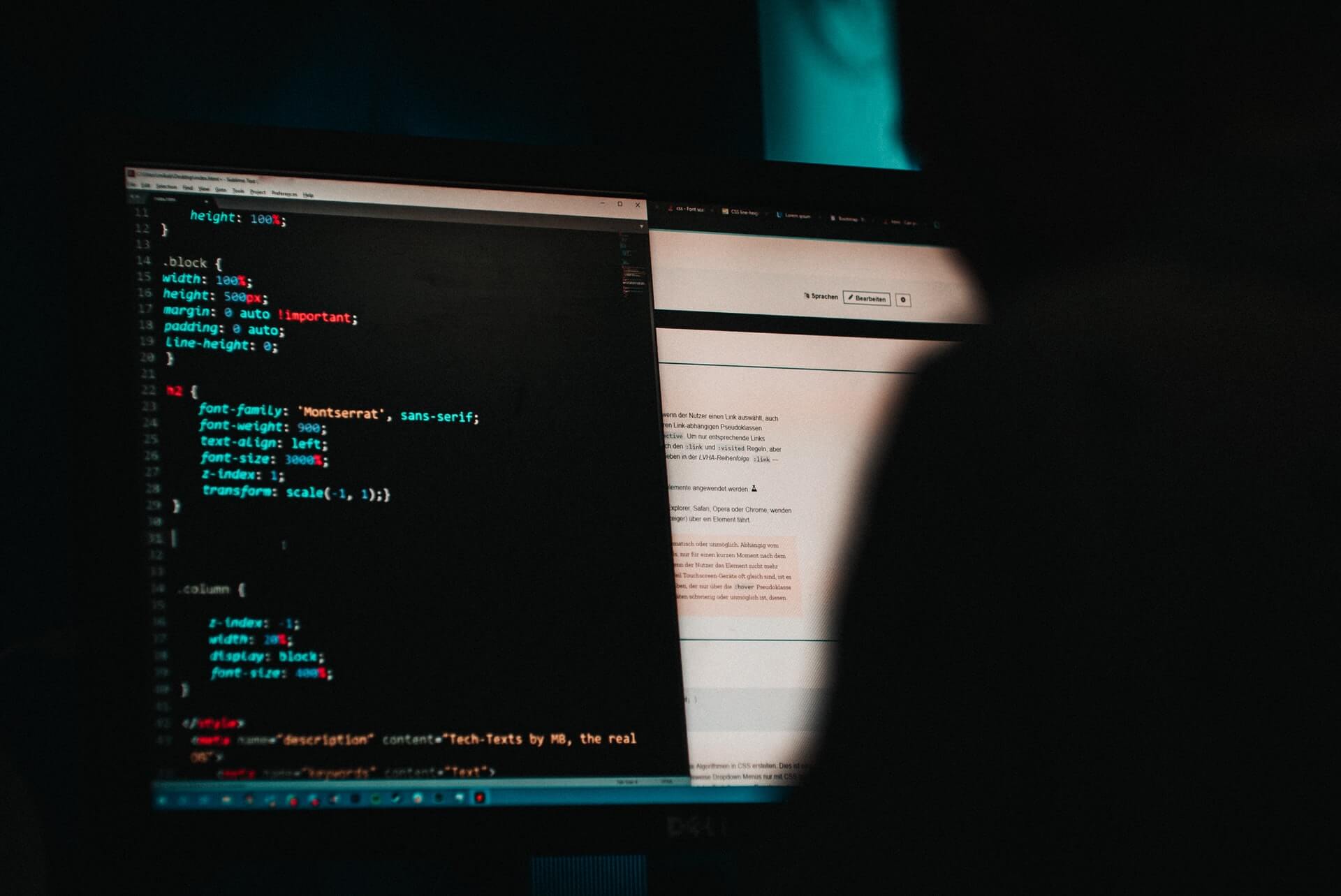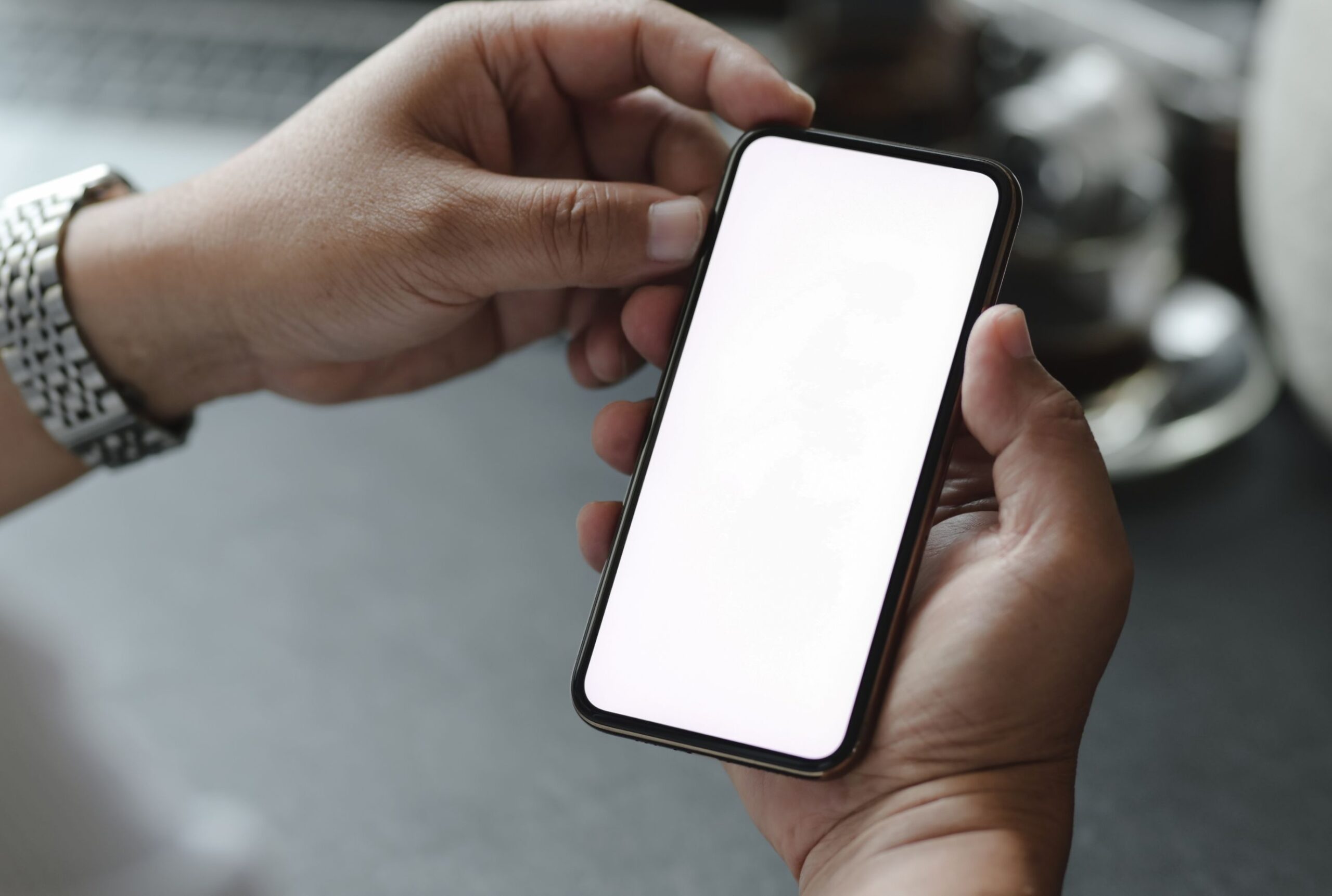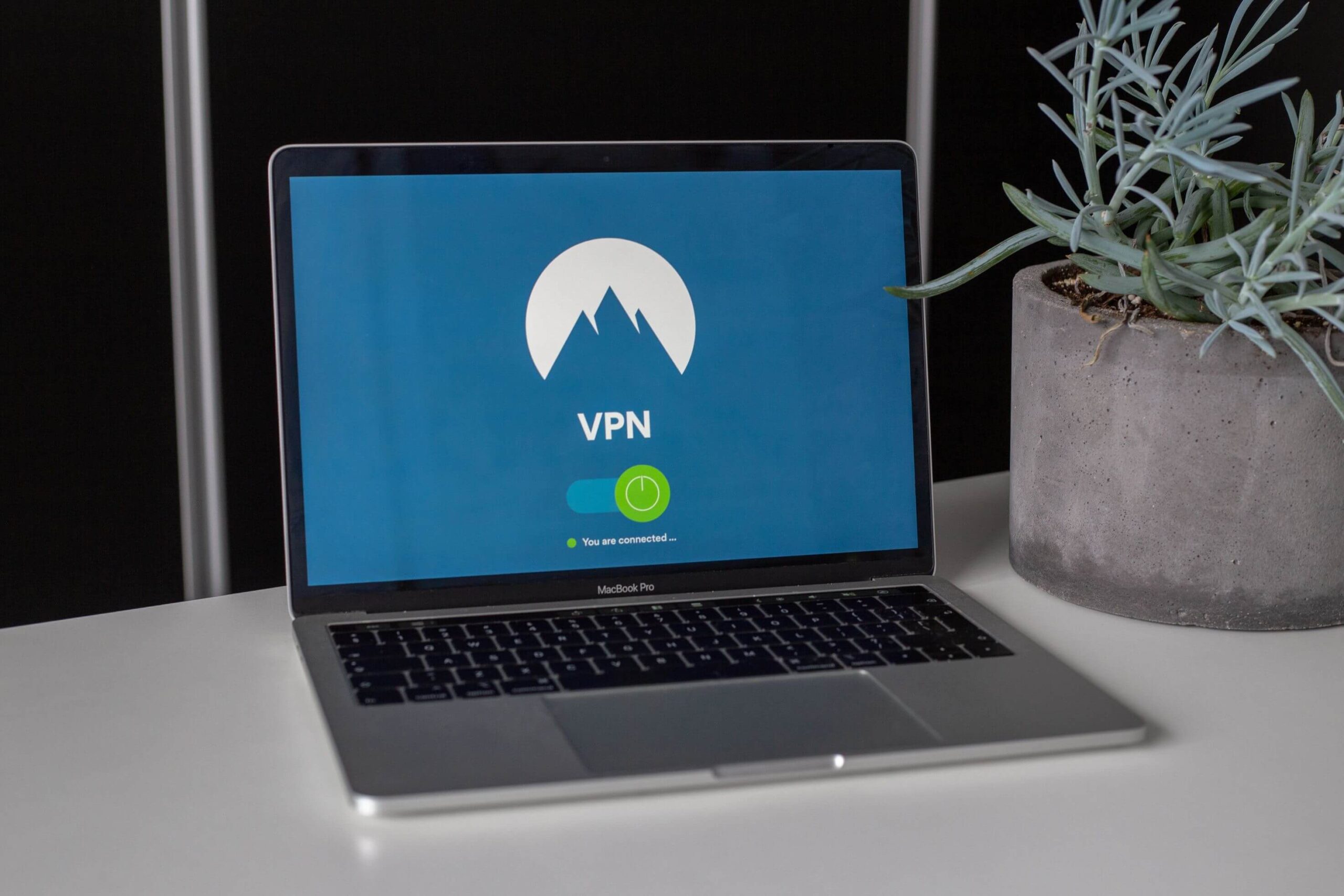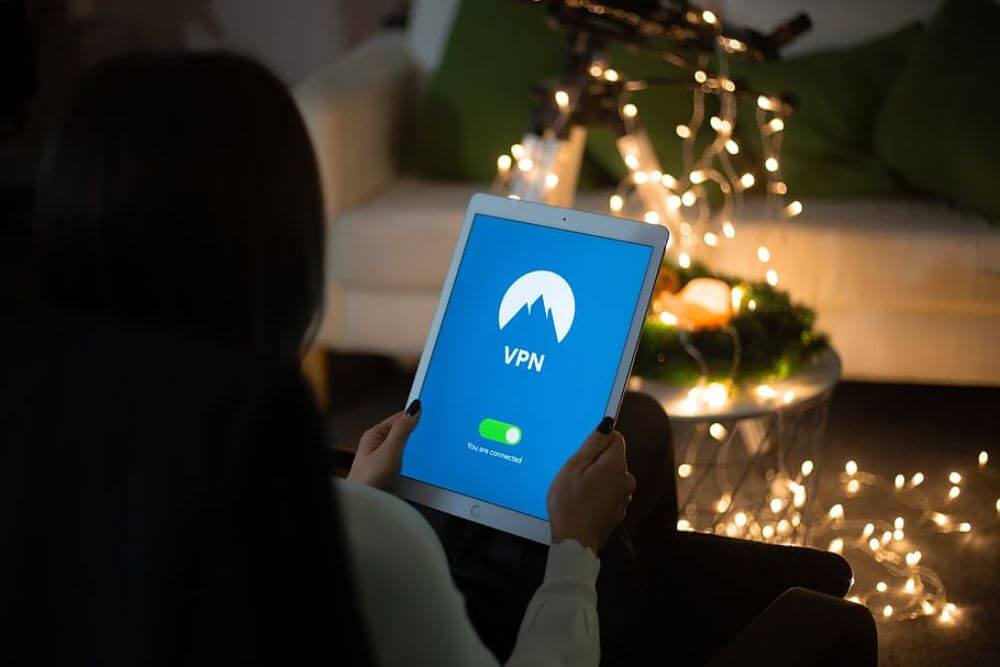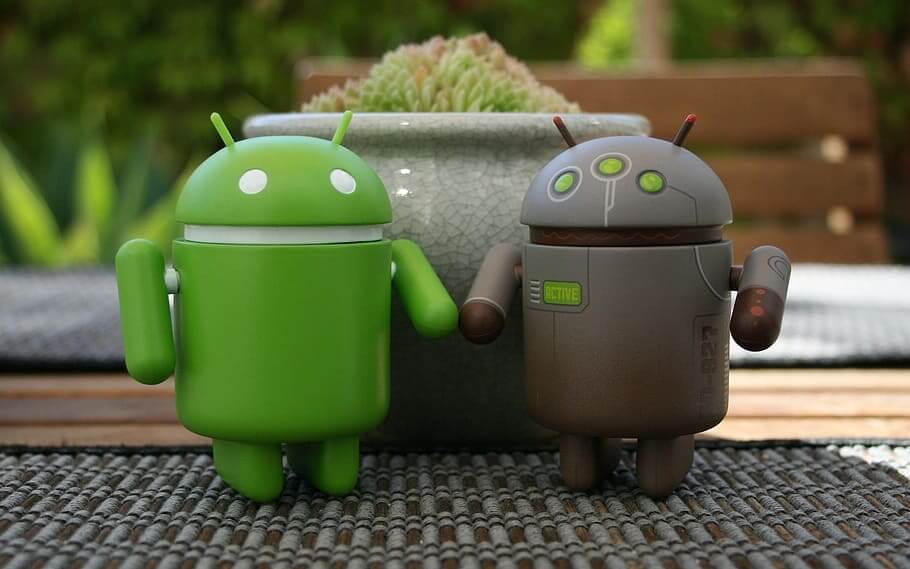Table of Content:
- How and Why Do Hackers Breach Your Privacy?
- How to Protect (Computer/Internet) from Hackers and Viruses
- How to Find Out If Your Phone Is Hacked and Fix It?
- How to Find Out If Your Phone Was Hacked
- What to Do If Your Phone Was Hacked?
- How to Protect Your Phone from Hackers?
- Best Solution
Did you know that there is a hacker attack every 39 seconds? That is how close you are to becoming a hacking victim. Sorry for the spoiler alert! However, we cannot turn a blind eye to the newly found criminal “business”; Cybercrime. The use of the internet and the vast adoption of the Internet of Things (IoT) in our daily lives has put a bounty on our privacy and personal data. Uncontrollably, privacy is becoming a luxury, and slowly the internet is ceasing to become a convenience tool, and users are now becoming walking targets for hackers.
With the frequent cybercrime incidences, institutions, governments are heavily investing in cybersecurity. In fact, a whopping $6 trillion is expected to be spent on cybersecurity globally in 2021. This goes to show how rare and expensive privacy can be. Unfortunately, a considerable number of people remain ignorant and reluctant about the importance of using the internet responsibly and protecting their personal data. To bridge the knowledge gap, we have pieced together information on how and why hackers can breach your privacy and also featured some tips on how to protect yourself from (computer/internet) hackers and viruses.
How and Why Do Hackers Breach Your Privacy?
Hacking is subtle, and you will most likely not notice you have been hacked until you lose your money, lose control of your social media accounts, or when the hackers call you asking for a ransom. Typically, hackers will highjack your internet traffic or phish emails. They may send self-replicating malware such as viruses, worms, or trojans, which are designed to find loopholes in your system and create backdoors through which hackers can siphon your personal data. Sometimes, they may opt for more aggressive tactics like sending massive traffic such that your system crashes, which then they can manipulate and retrieve your private data.
While the hackers’ intentions may vary, most hackers breach privacy for their self-gains while others do it to feed their ego about being “Elite hackers.” Some hackers will ask for ransom as payment to retrieve your account or system, sell your personal data on the dark web or even blackmail you into doing something. For whatever reasons, hacking is a breach of privacy, and you should at all costs work to stay at the top to avoid hack incidences. Here are some tips that will help keep hackers off your back.
Best Ways to Protect Your Devices from Hackers and Viruses
And while government and institutions have heavily invested in machinery, systems, and IT experts, you might be wondering, Do I really need to invest thousands of dollars to secure my internet usage? Well, you certainly do not have to invest heavily in system upgrades. Below are some basic cybersecurity tools that will help keep hackers at bay!
How to Protect Yourself From (Computer/Internet) Hackers and Viruses
i. Proxy
A proxy server acts as a gateway between your computer and the internet. It kind of works as an intermediary through which your computer “communicates” with the internet. In a layman’s language, the computer will send requests through the proxy server to the browser and, in turn, will receive traffic through the proxy server. Usually, the proxy gives your computer a new internet ID, i.e., IP address that makes it difficult for the browser server and plying eyes to detect your location. Modern proxies work to encrypt your web traffic, making it impossible for hackers to access and read your information.
ii. VPN
It is somewhat an advanced version of a proxy, to some extent. A virtual private network (VPN) creates a secure private network over a public network. It creates a tunnel through which your computer and the internet interacts. Using VPN clients ensures that your data is encrypted before leaving your computer to the destination and vice versa. It makes sure that your data remains safe from hackers. VPN also provides you with a virtual IP address that allows you to change your location and stay anonymous when using the internet. Check our VPN suggestions.
On the other hand, business VPNs are used by companies to ensure that their internal communication through the public network remains private and safe from hackers. The data is also heavily encrypted and would require a complex decrypting code to read the ciphertexts. It also makes it easy for employees to work remotely.
iii. Firewall
The use of firewalls has in the last 25 years dominated the cybersecurity industry. They can be said to be network security operators used to monitor incoming and outgoing network traffic. They are devised to prevent unauthorized persons from accessing a private network. It acts like a barrier or sieve through which network traffic is filtered to prevent any information leak. It also controls and seeks to verify individual users’ authenticity when determining who can access a particular network. This makes it validly impossible for hackers and viruses to access your network. It is some sort of “shield” for your network and computers.
iv. Antivirus
One way through which hackers can access your personal data is by creating network loopholes by infecting your computer with malware, i.e., spyware, worm, and viruses. You need to run Antivirus software regularly. And while the internet provides users with a whole lot of Antiviruses, it is essential that you install credible security software, that is, if you are willing to stand a chance against malware and hackers. Avoid free security software like the plague! Again, be wary of unknown emails; they could be trojans or worms sent to terrorize and create backdoors in your network for hackers.
v. Tor
Tor is an open-source software that lets you conceal your internet identity by directing your Internet traffic through a worldwide, volunteer overlay network of over 7000 relays to ensure that the user remains anonymous on the internet. It makes it impossible for hackers to trace your internet activities or even your location. Besides the relays, Tor works to encrypt data making it unreadable to third parties; in this case, hackers and system government surveillance. Your internet traffic becomes absolutely unmonitored.
How to Find Out If Your Phone Is Hacked and Fix It?
Now let’s see if your phone’s data has been compromised. The use of smartphones has seen tremendous growth in the last couple of years. Their convenience and ability to help people complete tasks from anywhere and at the palm of their hands have made them popular. They account for an integral part of our social, professional, and business lives. Today, smartphones are host to confidential information for millions of people, all from messages, emails, login passwords, banking details, among others.
Seemingly, smartphones have rivaled personal computers in terms of hosting personal data have consequently been a high target for hackers. Hackers have significantly resulted in using malicious apps to gain access to smartphone systems. According to a 2018 Symantec cybersecurity survey, 1 out of 36 phones had high-risk apps in 2018. Also,10,573 malicious apps were blocked by the company that year. Ideally, hackers use malware to compromise your phone system make it easy to create backdoors from which they can steal your data for financial gains. Often, most phone users will not realize their devices have been hacked until they lose their data. So, the big questions are, how do you find out if your phone has been hacked? How can you fix the problem? And what are some of the protective measures can you implement to avoid future attacks?
If these are your concerns, then worry no more! This post will amicably address these concerns and provide possible signs and remedies for a hacker attack.
Here is how to tell if your smartphone has been hacked or infected by malicious apps.
1. Quick battery draining
If you suddenly noticed a sudden drop in the battery lifespan, your phone may be infected by malware, which increases phone activity in the background without you noticing.
2. High data usage
Most malicious spyware will use the internet to send stolen data to the hacker’s servers continually, and therefore you might notice abnormal data usage on your phone.
3. Rooted device
Did you know hackers can root your device to gain more authority over your phone? Well, in case you do not remember rooting it yourself, then a hacker may have done it to access confidential data from your phone.
4. Suspicious activity
This may include incidences like finding photos you did not take, strange text messages, and call logs that you did not make. This means that some else is doing them, most likely a hacker.
5. Phone works slowly
Malware are designed to exploit all the resources on your phone, thus draining your battery and slowing the operating speed of your phone. If your phone suddenly begins experiencing app crashes and hanging, be aware of possible hacker activity.
What to Do If Your Phone Was Hacked?
Even though iPhones can be hacked, Android phones have significantly been hit by hacker attacks. If you notice any of the above signs, you should consider the following solution to fix the problem.
1. Run antivirus software
Consider installing a reputable antivirus software. It will help you detect and clean your phone off malicious software.
2. Delete suspicious apps
Take a quick inventory of your apps and quickly get rid of any app from a third-party source. Ensure that all the remaining apps are from trusted sources (Apple App Store or the Google Play store). Third-party software are a hotbed for malware.
3. Factory reset your phone
It is an ideal way to flash out malware on your phone. However, this process often leads to data loss; hence ensure you have a backup for your data before doing it.
- Resetting iPhone
i. Launch iTunes on your PC
ii. Connect your iPhone to the PC
iii. Select your device
iv. Select Restore iPhone option to reset
- Resetting Android
i. Go to Settings >> General Management>> Reset
ii. Tap on Factory data reset to reset your phone
4. Change passwords
After resetting, it a new start for your device; change all the passwords on your phone. Go for unique, different, and random combination passwords for each account.
How to Protect Your Phone from Hackers?
Here are some tips that will help you avoid probable hack attacks in the future and protect your device from malware.
1. Use VPN
VPN clients provide you with a virtual IP address that makes it impossible for hackers to track your online activity, making it impossible for them to infect or hack your network.
2. Use Antivirus
It is the most standard and effective way to wipe off malware from your device, reducing the chance of hacker attacks and loss of personal data.
3. Select proven apps
At all costs, it is imperative that you avoid downloading and using apps from a third-party source. Go for a credible and proven application from the Apps Store and Google Apps Store.
4. Check app requirement
Often, malicious software will take advantage of the grant permission feature. Be on the look for unnecessary grant permission requests. For instance, ask yourself, why would a torch app request permission to access your messaging app? That is weird! Most likely, the app is designed to harvest confidential data. Be cautious when granting consent to apps.
5. Turn off wireless connectivity after use
This includes your Wi-Fi and Bluetooth network. They could be used as avenues to infect your phone with malicious software. Also, hackers can easily exploit networks to hack and gain access to your phone.
6. Avoid using public Wi-Fi
Using public hotspots, especially without a VPN, renders you an easy target for hackers looking to access your personal information from your phones. Public networks are also hot spots or rather breeding grounds for serious malware. It poses a significant security risk to your information and the general operation of your phone.
How to disable iOS apps from tracking your movements
Many iOS apps track your movements inside and outside of the app. If you want to limit those permissions on your Apple device, you can take these steps:
– Go to your iPhone’s settings and select Privacy > Tracking.
-If you want to revoke permission for all current and future apps, you can toggle the “Allow Apps to Request to Track” button at the top.
-If you’d like to be a little more selective, look below that button and you’ll see a list of specific apps that have asked for that permission; you can allow or revoke that permission for each specific app.
Best Solution
And while there are many tools to protect you from hackers and computer viruses, VPNs and Antivirus software are the best cybersecurity tools to beat hackers. The use of VPN helps encrypts traffic for your data protection online, conceal your internet identity while Antivirus work to free your system from malware infection, ensuring that hackers have no access to your system. This way, you get to keep your privacy and prevent data leaks.
[/fusion_text][/fusion_builder_column][/fusion_builder_row][/fusion_builder_container]

